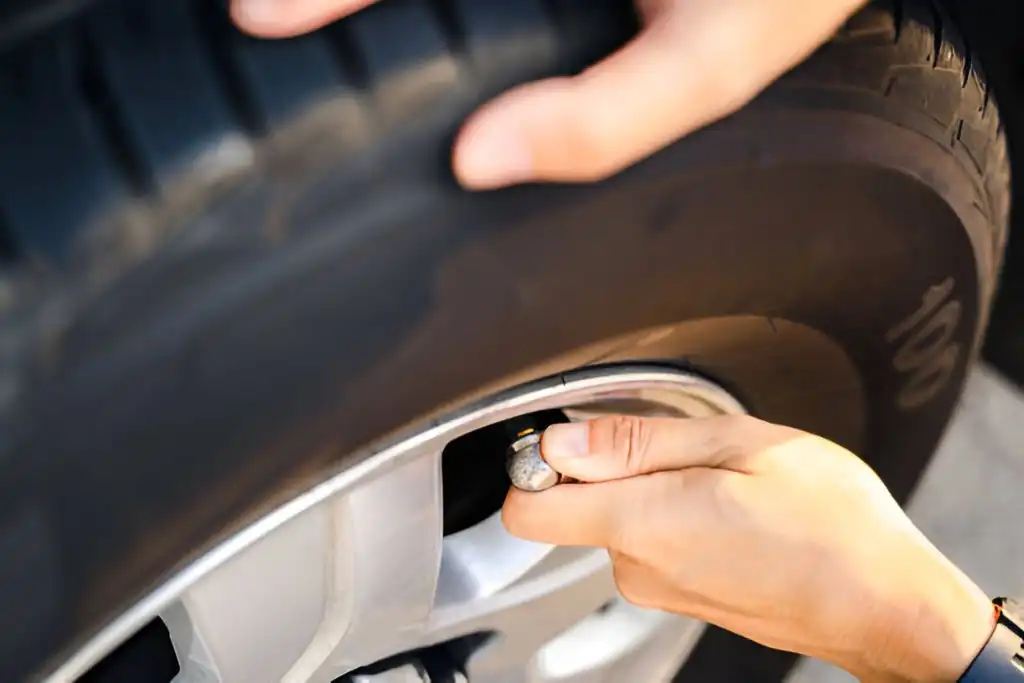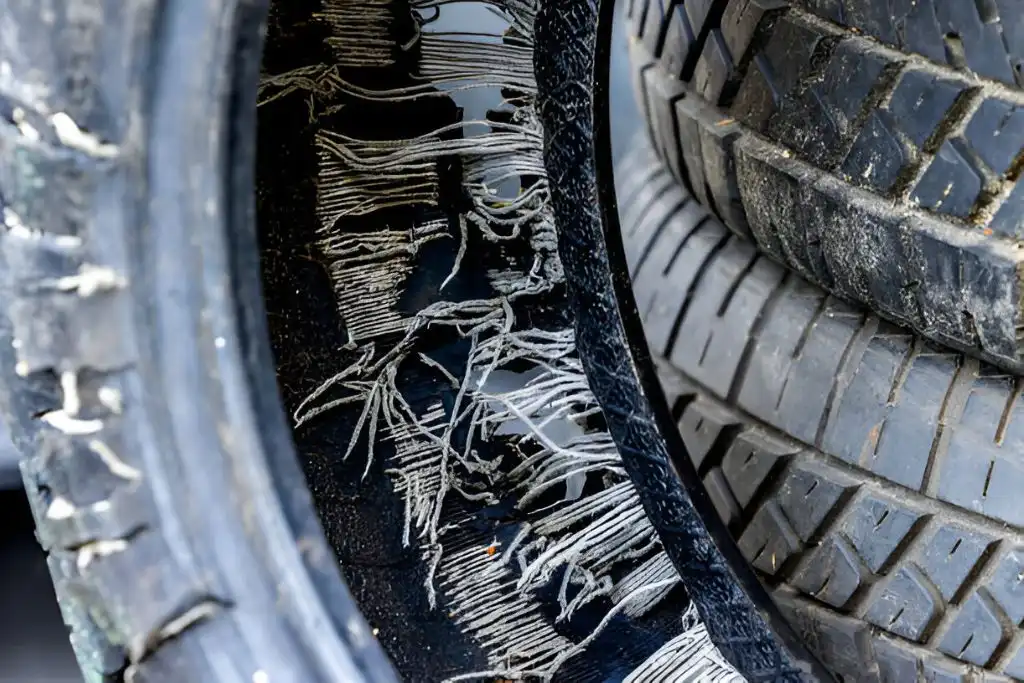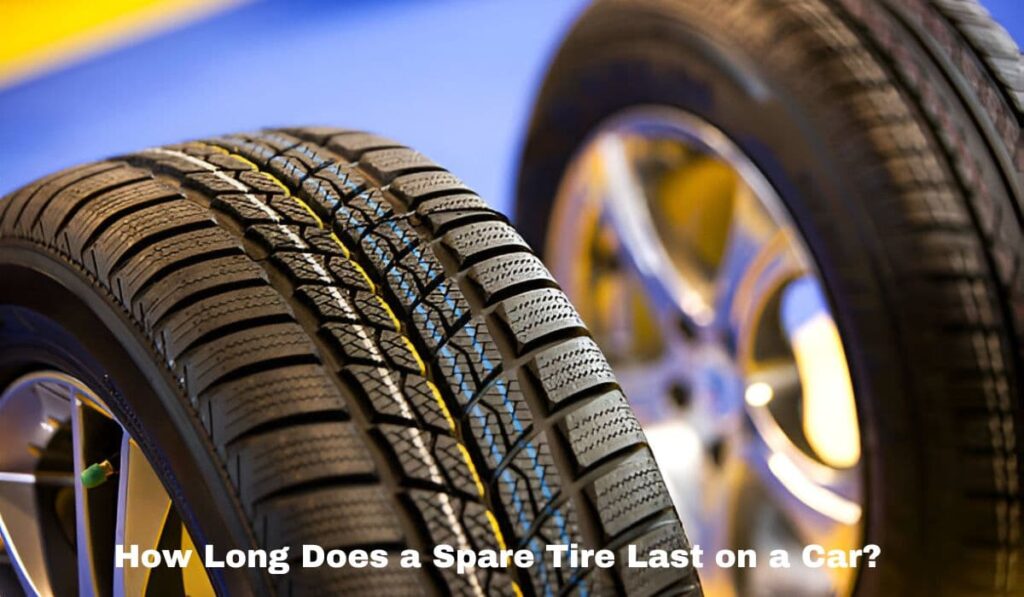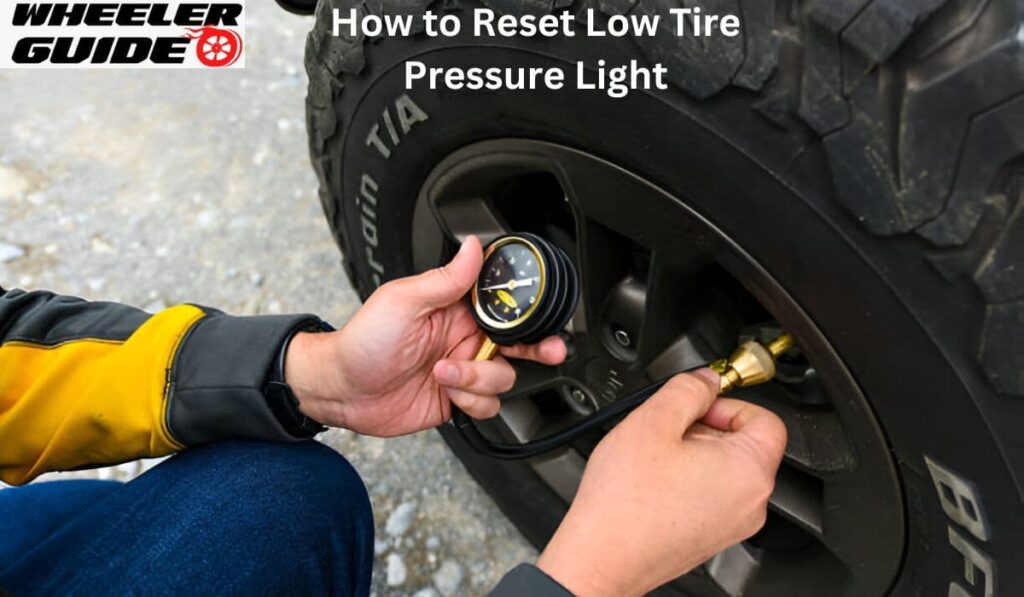Run-flat tires can be a game-changer for Ram 1500 owners. These special tires let you keep driving for a while after a puncture, giving you time to reach a repair shop safely.
Ram 1500 trucks can use run-flat tires, but proper installation is key to avoid rubbing or clearance issues. It’s important to choose the right size and consult a professional to ensure a good fit. This can help prevent problems and keep your truck running smoothly on the road.
Understanding Run-Flat Tires and Compatibility with Ram 1500
Run-flat tires offer unique benefits for Ram 1500 owners but require careful consideration for proper fitment. These tires can provide enhanced safety and convenience, yet may impact ride quality and have specific size limitations.
Benefits and Limitations of Run-Flat Tires
Run-flat tires allow drivers to continue driving for a limited distance after a puncture. This can be helpful for Ram 1500 owners who frequently travel in remote areas. These tires have reinforced sidewalls that support the vehicle’s weight even when air pressure is lost.
One drawback is that run-flat tires often provide a firmer ride compared to standard tires. This may be noticeable in the Ram 1500, which is known for its comfortable suspension. Run-flat tires also tend to be more expensive and may have a shorter tread life.

Determining Fit and Necessary Adjustments
Ram 1500 trucks can use run-flat tires, but proper sizing is crucial. The stock tire size for most recent Ram 1500 models is 275/60/20, which is about 33 inches tall and 10.8 inches wide.
When selecting run-flat tires, it’s important to match or stay close to these dimensions. Larger sizes may require additional modifications. A level kit can often accommodate up to 35-inch tires without rubbing.
Wheel offset and backspacing also play a role in fit. The right combination can help avoid clearance issues with suspension components and body panels.

Addressing Potential Rubbing and Clearance Concerns
Rubbing can occur if run-flat tires are too large or have an improper offset. Common rubbing points on the Ram 1500 include the inner fender liner and crash bars.
To address rubbing:
• Use wheel spacers to adjust tire position • Trim the inner fender liner if needed • Consider a small lift or leveling kit
It’s important to check clearance at full steering lock and under compression. Ram 1500 owners may need to trim plastic on the inner front fender liner when using more aggressive tread patterns, even with stock-sized tires.
Always consult with a tire professional to ensure proper fitment and maintain safe driving characteristics of the Ram 1500.
Customization and Performance Impacts
Modifying your Ram 1500 with run-flat tires can affect its handling, fuel economy, and off-road capabilities. The right choices can enhance performance and style, while poor decisions may lead to issues.
Choosing the Right Modifications for Your Ram 1500
Selecting the proper tire size is crucial for your Ram 1500. Popular options include 275/65/20 and 285/65/20 tires. These sizes offer a good balance of performance and aesthetics. For a more aggressive look, some owners opt for 35×12.5 tires.
A leveling kit can help fit larger tires without rubbing. This mod gives the truck a more balanced stance. For even more clearance, a lift kit might be necessary.
Wheel offset plays a big role in tire fitment. The right offset can prevent rubbing and maintain proper alignment. Some trucks may need high clearance sway bars or control arm adjustments with larger tires.

Maximizing Performance with Appropriate Tire and Wheel Specs
The right tire and wheel combo can boost your Ram 1500’s performance. 34″ tall tires often work well without major modifications. They improve ground clearance and off-road ability.
Heavier tires can affect acceleration and fuel economy. Run-flat tires are typically heavier than standard tires. This extra weight may impact handling and braking.
For off-road use, tires like the Nitro Ridge Grappler offer good traction. These aggressive tires can handle tough terrain. However, they may create more road noise on the pavement.
Proper alignment is key after any tire or suspension changes. This ensures even wear and good handling. Regular tire rotations help maintain performance and extend tire life.
Frequently Asked Questions
What are the benefits of using run-flat tires on a Ram 1500?
Run-flat tires allow driving up to 50 miles after a puncture, enhancing safety in remote areas. This feature eliminates the need for immediate roadside tire changes.
These tires improve vehicle stability after a puncture and can reduce the risk of accidents caused by sudden blowouts.
Are there specific requirements for installing run-flat tires on a Ram 1500?
Run-flat tires need proper tire pressure monitoring systems to alert drivers of pressure loss. The Ram 1500’s existing system is compatible with run-flat tires.
Wheel size and load capacity must match the vehicle specifications. Run-flat tires are typically heavier, so proper sizing is crucial for performance and safety.
How does the installation process differ between run-flat tires and conventional tires for the Ram 1500?
Run-flat tire installation requires special equipment due to their stiffer sidewalls. Proper mounting and balancing are crucial for optimal performance.
Technicians must be trained in run-flat tire handling to avoid damaging the tire’s unique structure during installation.
Do run-flat tires affect the ride quality of a Ram 1500?
Run-flat tires typically provide a firmer ride due to their reinforced sidewalls. Some Ram 1500 owners may notice increased road noise and reduced comfort.
Advanced run-flat designs aim to minimize these effects, but differences in ride quality may still be noticeable compared to standard tires.
Can you repair a run-flat tire if it gets punctured while on a Ram 1500?
Most run-flat tires cannot be repaired after a puncture due to potential internal damage from driving while flat. Manufacturers generally recommend replacement.
In rare cases, minor punctures in specific tire areas may be repairable. Always consult a professional for assessment and follow manufacturer guidelines.
Is there a difference in the lifespan of run-flat tires compared to standard tires on a Ram 1500?
Run-flat tires often have shorter lifespans than standard tires due to their unique construction. They may wear out 20-30% faster under normal conditions.Regular tire rotations and proper inflation can help maximize run-flat tire lifespan on a Ram 1500.


